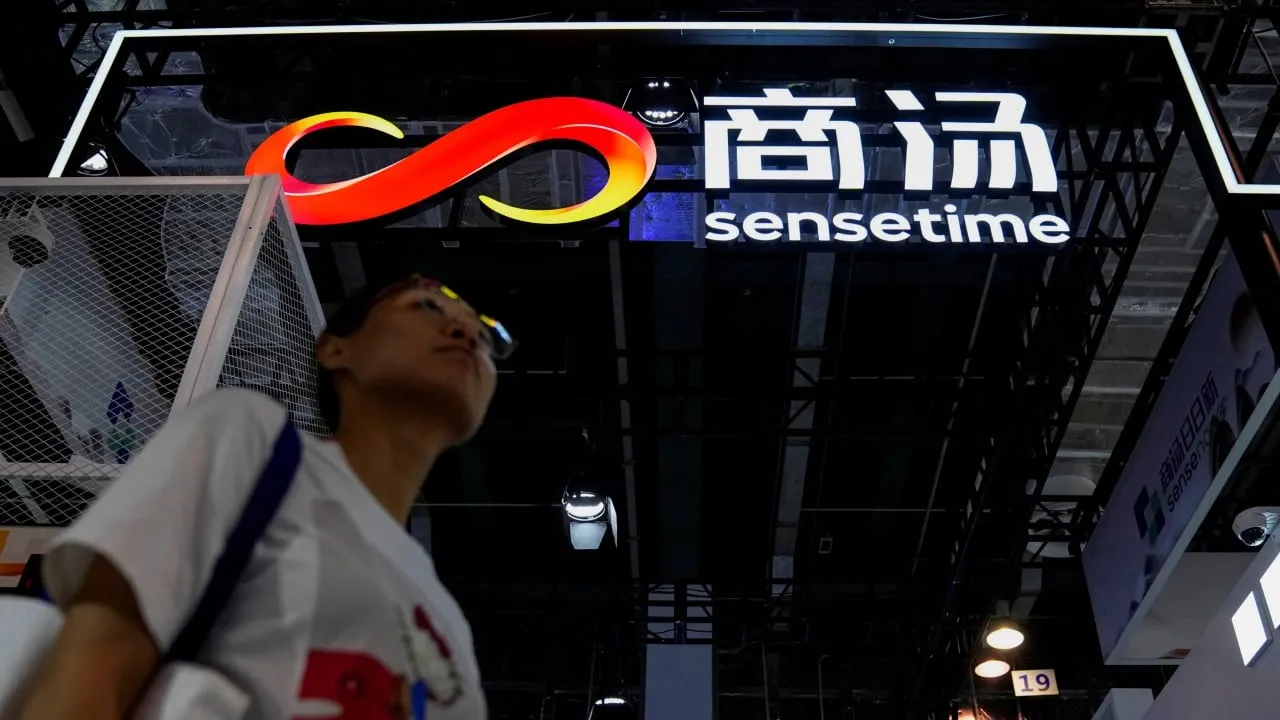AI Developments: SenseTime Navigates US-China Geopolitical Tensions with Strategic Infrastructure

AI Infrastructure: A Competitive Edge for SenseTime
As SenseTime celebrates its 10th anniversary, CEO Xu Li discusses a strategic pivot towards generative AI amidst ongoing US-China geopolitical tensions. Emphasizing their chip-agnostic infrastructure, he states, “We adapt our AI algorithms to more than 50 chipsets.” Leveraging partnerships allows SenseTime to embrace the evolving landscape of AI.
Revenue Growth and Market Challenges
In its first half of the year, SenseTime's revenue surged by 21% as they capitalized on the AI boom following OpenAI's ChatGPT introduction. However, US sanctions continue to impact their operations.
- Stock Growth: SenseTime’s stock increased by 30%, now valued at HK$1.56.
- Challenges: Navigate competitive markets while facing global political strains.
Embracing Local GPU Production
Xu noted the limitations of accessing powerful Nvidia GPUs, steering focus to domestic China-made GPU chipsets for future success. With a potential shift in production dynamics, Ascend chips from Huawei have emerged as viable Nvidia alternatives.
Legacy of Innovation
Reflecting on the legacy of co-founder Tang Xiao'ou, who emphasized practical AI applications, SenseTime aims to foster an ecosystem supporting both innovation and further development of local startups, positioning Hong Kong as a pivotal tech hub.
Conclusion: As SenseTime navigates its path forward, the focus remains on leveraging infrastructure and partnerships to not only survive but thrive amidst fluctuating global dynamics.
This article was prepared using information from open sources in accordance with the principles of Ethical Policy. The editorial team is not responsible for absolute accuracy, as it relies on data from the sources referenced.